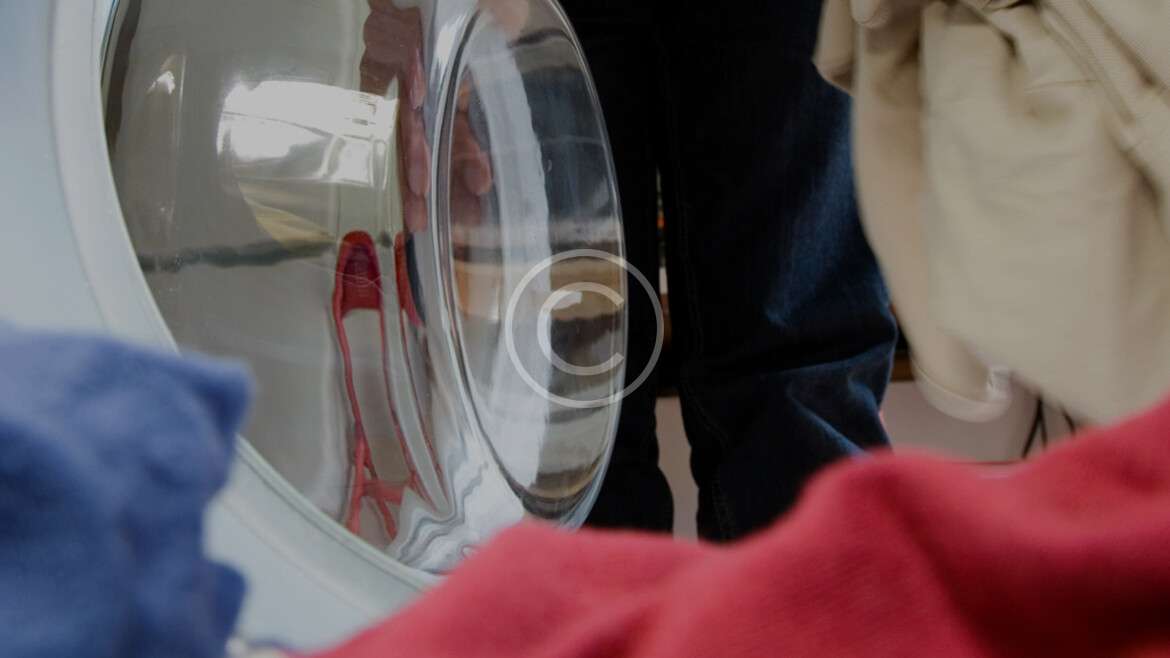Investing in EHR Systems
Capital budgeting is an essential process for healthcare organizations. The challenge in quality and patient safety organizations is proving return on the capital investment without revenue impacts.Select a capital investment that you would recommend making for a patient safety concern.
Investing in a comprehensive Electronic Health Record (EHR) system is a significant capital investment that addresses various patient safety concerns while enhancing the overall quality of care in healthcare organizations. EHR systems provide a centralized digital platform for patient information, facilitating better communication among healthcare providers, improving data accuracy, and reducing the likelihood of errors.
Rationale for Investment
- Improved Patient Safety:
- Error Reduction: EHRs help minimize medication errors by providing alerts for potential drug interactions, allergies, and incorrect dosages. This is particularly critical in environments with high patient turnover, where manual record-keeping can lead to mistakes.
- Real-time Access to Information: Clinicians can access up-to-date patient records instantly, which is crucial for making informed decisions during emergencies or when treating patients with complex medical histories…
Investing in a comprehensive Electronic Health Record (EHR) system is a significant capital investment that addresses various patient safety concerns while enhancing the overall quality of care in healthcare organizations. EHR systems provide a centralized digital platform for patient information, facilitating better communication among healthcare providers, improving data accuracy, and reducing the likelihood of errors.
Rationale for Investment
- Improved Patient Safety:
- Error Reduction: EHRs help minimize medication errors by providing alerts for potential drug interactions, allergies, and incorrect dosages. This is particularly critical in environments with high patient turnover, where manual record-keeping can lead to mistakes.
- Real-time Access to Information: Clinicians can access up-to-date patient records instantly, which is crucial for making informed decisions during emergencies or when treating patients with complex medical histories…
Investing in a comprehensive Electronic Health Record (EHR) system is a significant capital investment that addresses various patient safety concerns while enhancing the overall quality of care in healthcare organizations. EHR systems provide a centralized digital platform for patient information, facilitating better communication among healthcare providers, improving data accuracy, and reducing the likelihood of errors. Investing in EHR Systems
Rationale for Investment
- Improved Patient Safety:
- Error Reduction: EHRs help minimize medication errors by providing alerts for potential drug interactions, allergies, and incorrect dosages. This is particularly critical in environments with high patient turnover, where manual record-keeping can lead to mistakes.



